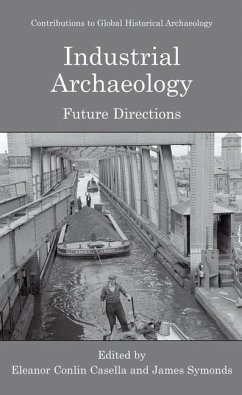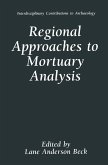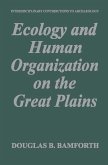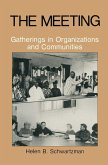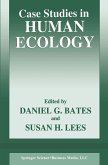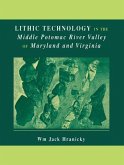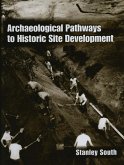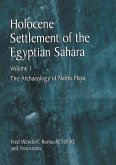Over the past decade, industrial archaeology has emerged as a theoretically driven subfield. Research has begun to meaningfully engage with such weighty issues as globalisation; post/modernity; power; innovation and invention; slavery and captivity; class, ethnic, and gender identities; social relations of technology and labour; and the spread and diversification of western capitalism.
With contributions from an international group of authors, this volume highlights the current thought in industrial archaeology, as well as explores future theoretical and methodological directions. Together, these chapters further the process of meaningful engagement with such weighty issues as globalization; post/modernity; power; production and consumption; innovation and invention; class, ethnic, and gender identities; social relations of technology and labour; and the spread and diversification of western capitalism.
Industrial Archaeology: Future Directions will be of interest to historical and urban archaeologists, architectural historians, preservation agencies, archaeological consulting organizations, cultural resource managers, and students of these disciplines.
Dieser Download kann aus rechtlichen Gründen nur mit Rechnungsadresse in A, B, BG, CY, CZ, D, DK, EW, E, FIN, F, GR, HR, H, IRL, I, LT, L, LR, M, NL, PL, P, R, S, SLO, SK ausgeliefert werden.

